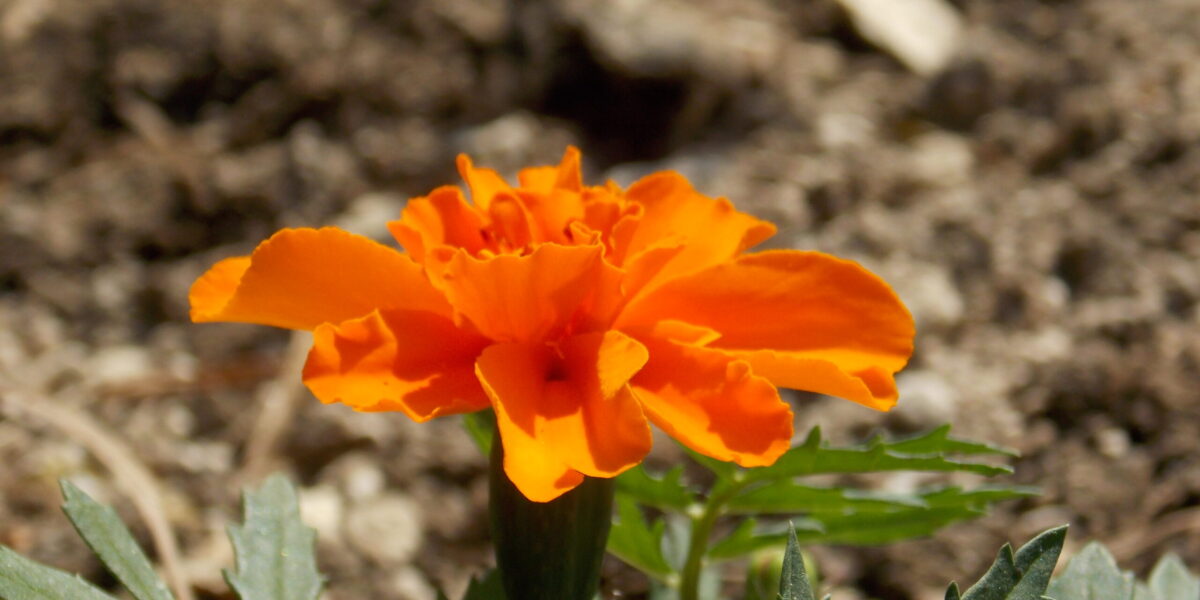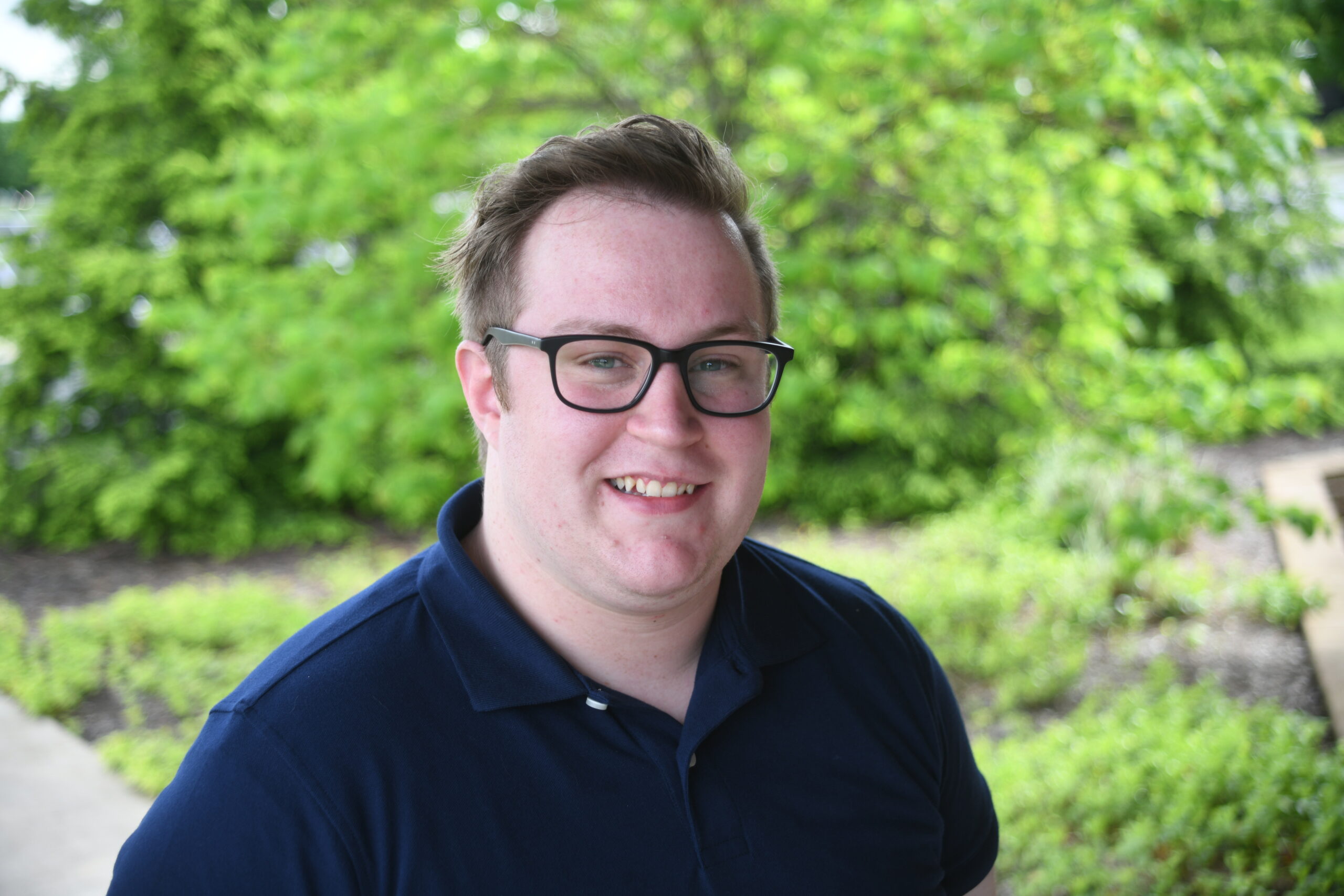It’s been two years. Two years since the first case of the virus that causes COVID-19 was confirmed in the United States. Two years since the country — and much of the world — ground to a screeching halt in the face of a public health crisis that exposed glaring weaknesses in our society.
It hasn’t been an easy two years. Loss and hopelessness have run rampant. And even though the United States has vaccines and boosters and effective treatments, many other places in the world still do not — and there are more difficult times to come.
Human beings were created to be a resilient bunch. During difficult times, we turn to things that give us hope. Things that highlight the good in the world. People that show us God’s love. Places that give us peace.
Mennonite Mission Network strives to be a place of hope and peace, but never has this been more at the forefront of our minds than during the past two years. Very early on in the pandemic, we realized that we had an opportunity to be that place of hope for our constituency.
"The Hope Series" on Mission Network’s Facebook page was a series of more than 100 short videos with positive and encouraging messages from the Bible given by our church relations staff. Initially, the series was only those short devotionals, but eventually, our international coordinators got involved, sharing the good news from Mission Network partners and personnel from overseas in "Hope Around the World."
"The Hope Series" ended in December 2020, but we haven’t stopped putting out positive messages. All throughout the pandemic, we’ve been sharing stories of hope, resilience and the joy found in all parts of God’s creation.
On Oct. 13, 2021, in Bobo Dioulasso, Siaka Traoré (Mennonite pastor, left) and Ali Traoré (Muslim leader, right) dedicated the van their communities bought and converted into a hearse. Photo by Lynda Hollinger-Janzen
Like in October 2021 in Bobo-Dioulasso, Burkina Faso, when Muslim leader Ali Traoré and Mennonite leader Siaka Traoré partnered together to dedicate a hearse that would serve both communities. Even though tensions between the two faith groups are high, these leaders found a way to build peace and serve each other.
Or this story from Sara Kennel, a Central American Study And Service (CASAS) intern who served in Alta Verapaz, Guatemala, but not long enough to learn much of the Q’eqchi’ language. She sometimes felt left out, but not with children, with whom she played freely and gathered flowers. She expressed her immense gratitude to God and to the Q’eqchi’ people she met for helping her more fully comprehend the impact of respecting the identity of the people with whom she worked side-by-side.

SOOP participants Janet Horst, Jeanne Birky and Pat Strunk prepare meals at Haven of Hope, a campus that serves people experiencing homelessness in San Antonio, Texas. Photo by Dwight Mueller
Or how about when Jeanne and Mark Birky participated in Service Opportunities with Our Partners (SOOP) in San Antonio, Texas. They served with the local church’s hospitality ministry, which provides necessities and a safe space for asylum seekers from Latin America. When the couple returned to their rural congregation in Illinois, they were able to share what they had learned. They shared with their friends and fellow congregants on the truths of immigration and prepared the congregation to provide support for a woman and her daughter who were seeking asylum in the United States.
These are just a few examples of hope and peace, chosen from the plethora of good news we’ve put out during the pandemic. We hope that we can continue to be a place where you can find inspiring stories, hopeful messages and peace-filled resources for many years to come.









